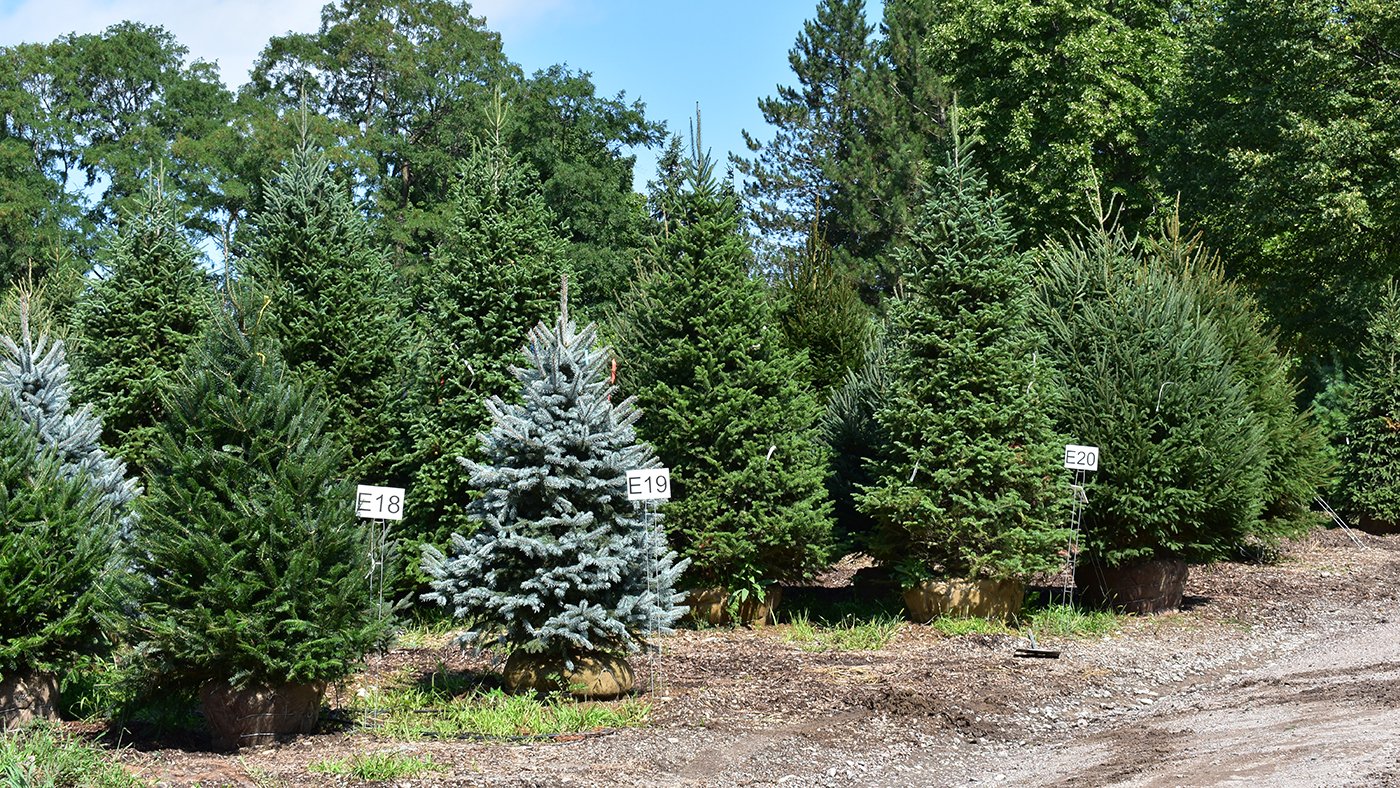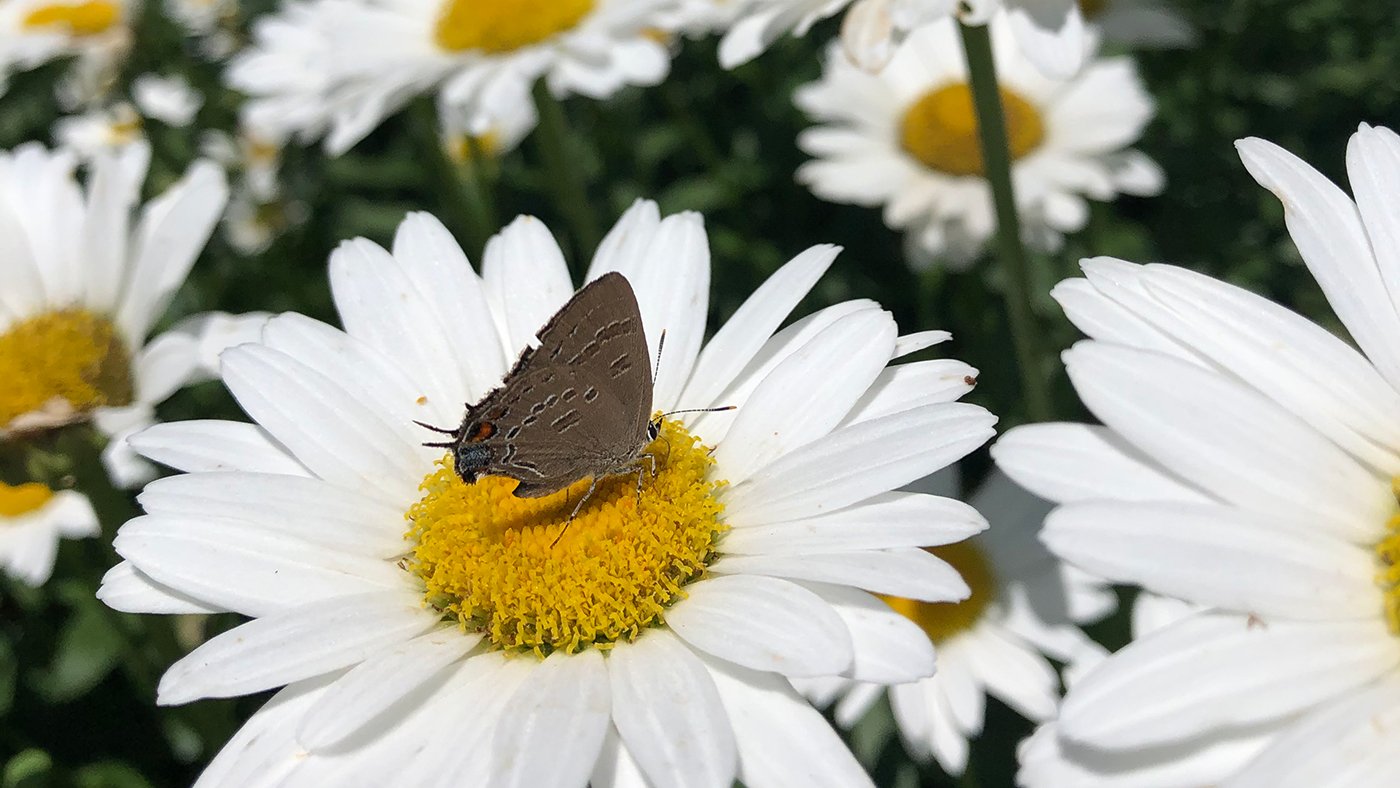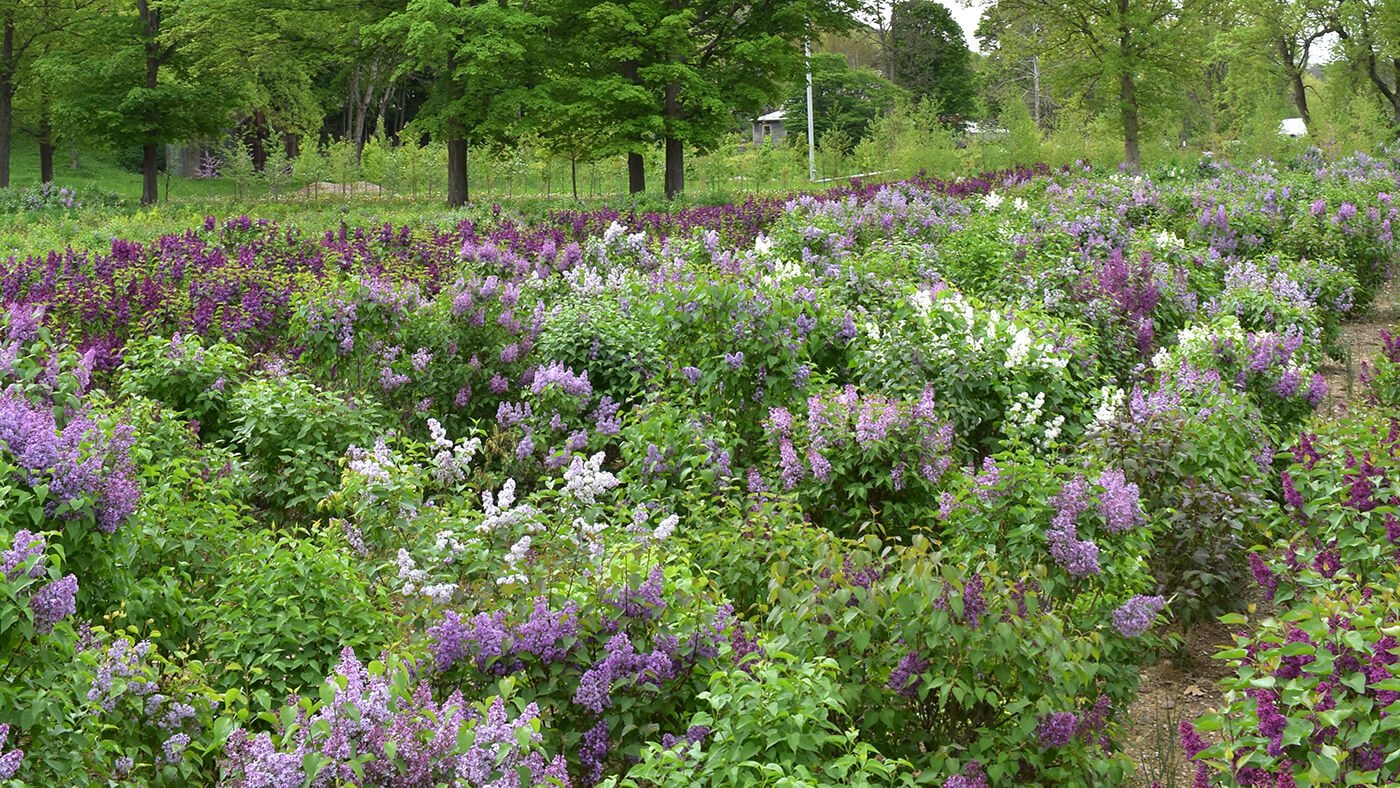
Year Round Evergreen Privacy Screens and Hedges
Evergreen trees and shrubs are top choices for privacy plantings thanks to their dense, year-round foliage that blocks roads, neighbors, high winds, and undesirable views. If you're looking for year round evergreen privacy screens and hedges, there are a number of plants to pick from for all site and soil types.

Top Evergreen Choices
The most commonly requested evergreen for privacy plantings goes by a few names, commonly Arborvitae or Cedar. There are different varieties that have varying aesthetics and site preferences.

Thuja occidentalis 'Nigra' is the variety we cultivate in our fields. It grows to be 25' tall but can be sheared as a hedge or shorter if desired. There are helpful examples of pruned and naturally growing arborvitae at the nursery.

If you have heavy deer pressure at your planting site, we recommend trying more deer resistant Thuja x 'Green Giant'.

Some customers like the pyramidal and upright form of Thuja occidentalis 'Smaragd', also known as Emerald Green arborvitae. Remember, you will need to plant more of these to create a full screen since they have a narrow spread.




Plant Pairings
Our favorite additions to evergreen plantings are winterberry shrubs and birch trees. Birch don't mind the acidic conditions near evergreens and they grow together naturally in the wild. They can also help screen gaps while evergreen trees are growing in. Their contrasting textures and color are welcome year round. Winterberry's colorful fruits are a classic pairing with evergreens.

Ilex verticillata - winterberry
Our Favorite Choice
We always recommend a mix of species when possible and we love staggering plantings for a natural-looking screen. Plant diversity is key in a sustainable landscape, plus a collection of evergreens has texture, color, and tremendous wildlife benefit.





